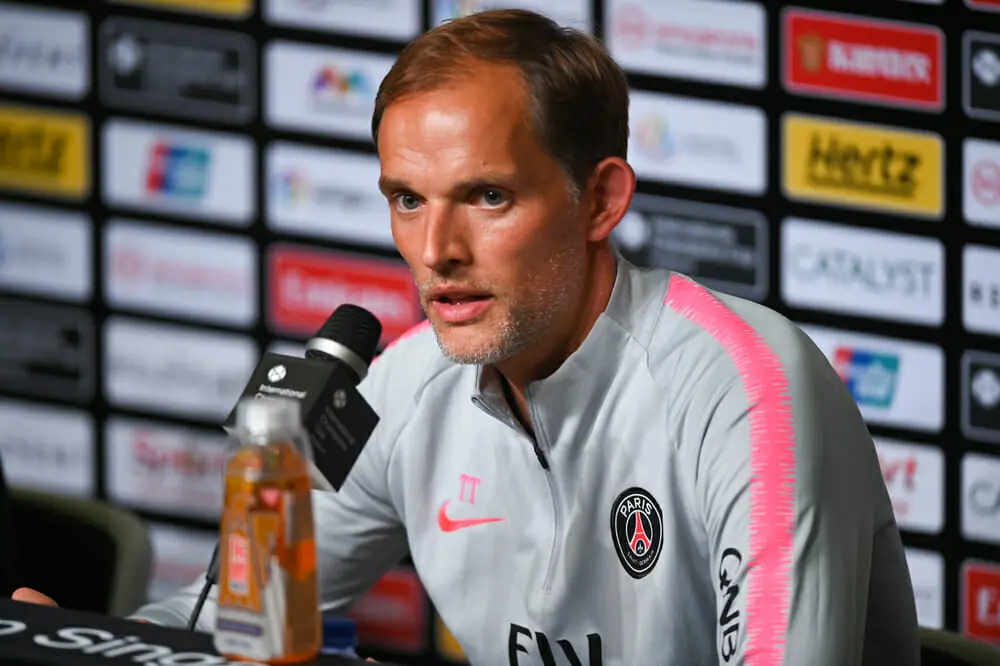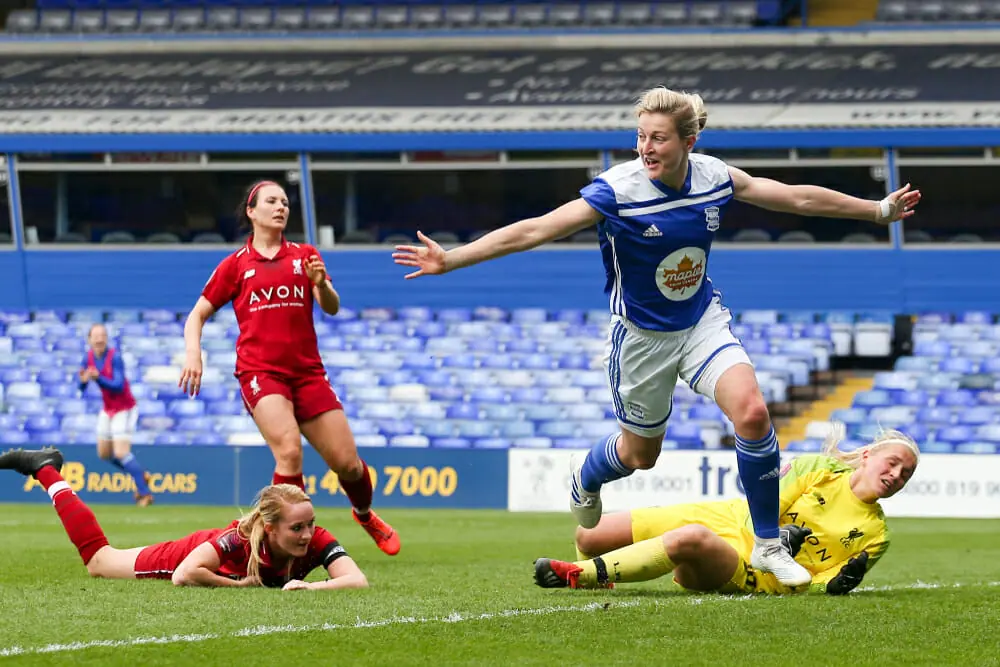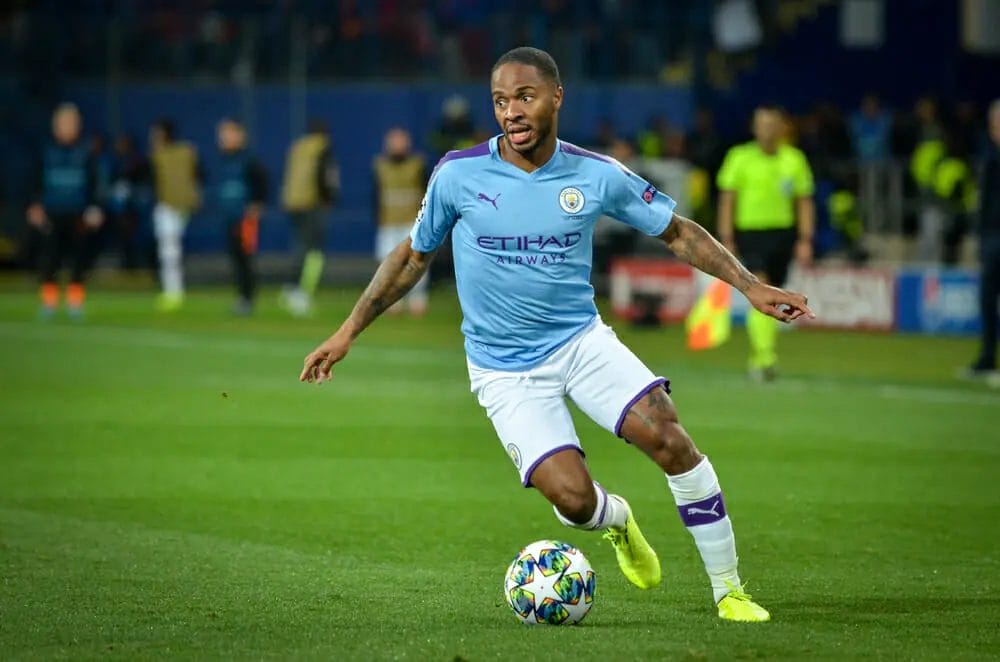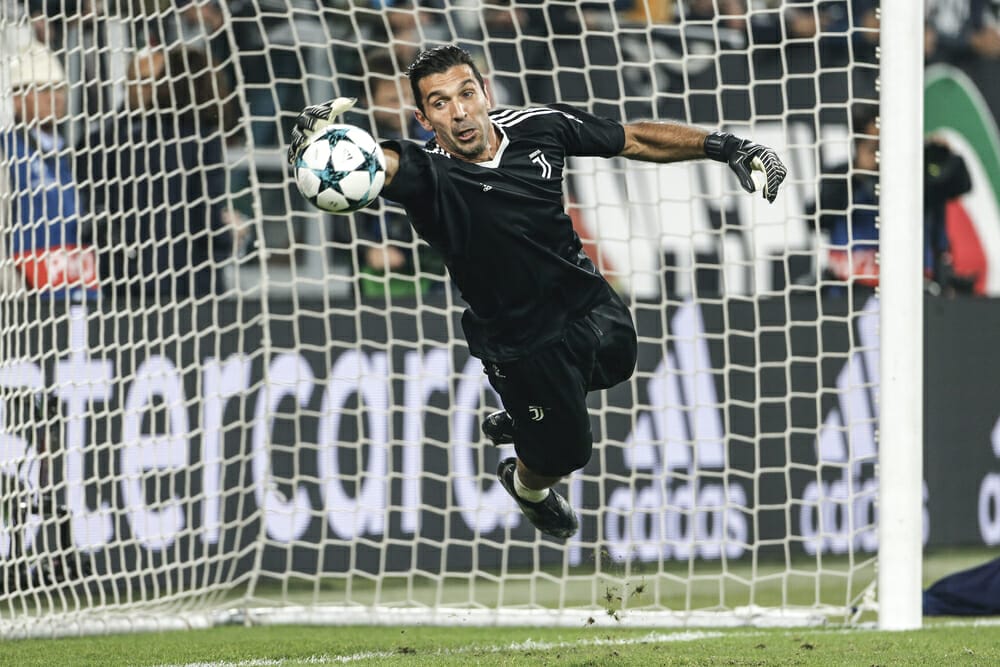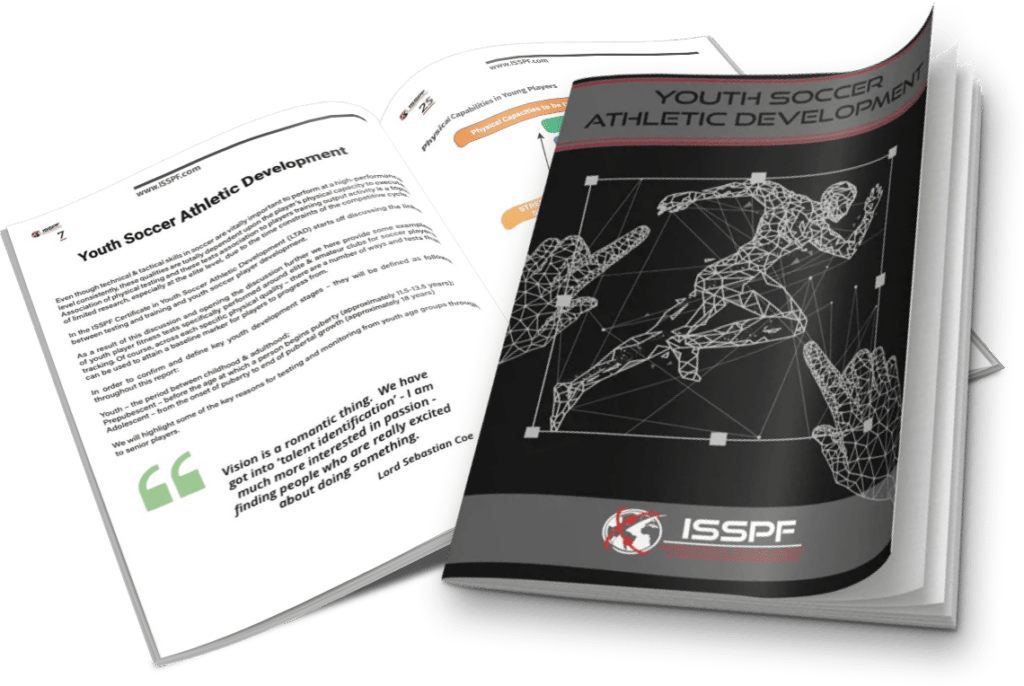In recent years, team sports in general have shifted towards a trend in change concerning physical training and methodology of coaching. This is partly due to the result of the professionalisation of both coaching, as well as the hugely positive impact & influence of sport & football science.
“Thomas Tuchel is a superb developer of talent and a football scientist, delving deep into the game’s microscopic details.”
– Raphael Honigstein, German football journalist
How Sports Science is Changing
Over the last decade, one of the most debatable subjects among football science & technical practitioners is the importance of designing a structured weekly plan to combat the physical, technical, tactical & psychological requirements of the game.
Efthymios, (2019) suggested an abundance of methods, structures & tips have been recommended by experienced specialists in the football area in recent reports.
However, in this report we will try to briefly define, and outline the most essential key aspects that coaches, physios & performance practitioners should include in their thought processing when developing or designing a specific drill or coaching session.
It has been suggested the four most important parameters when designing a training microcycle & the weekly plan should follow & cohere to the following:
- Be cognisant of the style of play, or have the Game Model of the team at the forefront (tactical strategy, unit & individual roles & responsibilities, game plan, collective tactics in and out of possession)
- The physical capacity or physiological factors (what are we expecting from our players within the game tactically from a physical perspective)
- The current seasonal phase (are we in the preseason, early season, are we encountering fixture congestion periods?)
- Management of the squad (do we think ahead? Players capacity to reproduce outcomes, demands on players, psychological & physical, rotation potential?)
The use of an integrated coaching model where we are capable of training in such a way that we can develop physical, technical & tactical qualities within the same session is not only a way of being more efficient with our time on the pitch, but we are capable of then enabling our players to engage in a holistically coaching process that maximises development.
Improve your Preparation
With good preparation; both tactically and physically – player’s roles & responsibilities can be understood further, enhance performance and reproduce key demands faced within competitive environments.
This integrated coaching process also involves a huge psychological perspective incorporating the mental training & key skill component ‘imagery’. This vitally important skill development of placing the players ‘visually’ within situations prior to competition is a well-known coaching tool.
As a coach, medical, sports science or performance practitioner – the ISSPF Soccer Psychology & Mental Skills Training Course would be a fantastic way of developing your skills in the untapped, underused but powerful training concepts in the psychological elements of player development.
These three aspects of performance (i.e. psychological, physical & technical) have to correlate & be stimulated conjunctively, but the weekly microcycle tactical involvement & tapering strategy has to be driven with the Game Model at the forefront. Players & staff have to be ready and flexible in how they adjust the planning to suit the overall team needs.
Whether you are a youth coach working in an academy or working with more senior players, you can always develop in your own time, learning in the comfort of your own home through our ISSPF football coaching course or ISSPF online sport & soccer science courses!
Join our Sports Psychology Course
The demand for sport psychologists & mental skills training specialists with a focus on football science is growing year upon year. Thousands of students are leaving university with a sport science degree, however many of them asking the key question – What now? How do I get a job in football? What’s the next step? Which area of sport science do I want to specialise in?
The bespoke online soccer courses developed by ISSPF Faculty members are a way of further exposing sport science students, coaching individuals working within the game & other soccer science & performance coaching enthusiasts with a thirst to develop further.
The link below will take you to the hugely popular & expertly designed ISSPF endorsed, & University accredited Soccer Psychology & Mental Skills Training online sport science & sport psychology course, where you will be exposed to football science research and practical examples used within varying levels of team sports.
Soccer Psychology & Mental Skills Training
How This Course Will Improve You
- Understanding the key components of what drives coaches, players, & athletes to succeed is of paramount importance.
- Developing strategies in order to prepare individuals for both training & competitive games from a psychological perspective is of great benefit to coaches & practitioners.
- Coaches & performance practitioners can make huge advances in this under-applied area of coaching & sports science.
- This course is developed specifically to enhance the coaching & performance process
- All practitioners & coaches can only benefit themselves & their players even further by having a more in-depth knowledge of applied psychology & mental skills training development.
- May help us to maximise our decision-making through a better understanding & appreciation of psychological & mental skill principles.
What Does This Course Cover?
Outline of the Foundational Soccer Psychology & Mental Skills course:
Module 1: An introduction to sport psychology & its role within soccer: Increasing awareness
Lecturer: Dr. Alyona Grushko (Russia) Dynamo Moscow
Module 2: Energy management in the game
Lecturer: Ricardo Pires (SL Benfica)
Module 3: Improving focus, attention & concentration in a soccer environment
Lecturer: Omer Ates (Besiktas)
Module 4: Motivating the Individual
Lecturer: Sarah Murray (Brighton)
Module 5: Team cohesion & key lines of communication within soccer
Lecturer: Ricardo Pires (SL Benfica)
Module 6: Developing self-confidence
Lecturer: Sion Rowlands (Leicester City FC)
Module 7: Imagery as a mental skills intervention
Lecturer: Omer Ates (Besiktas)
Module 8: Coach & Player Self-Reflection
Lecturer: Thomas Pratl (Austria)
Soccer Psychology & Mental Skills Training
Share this article:
